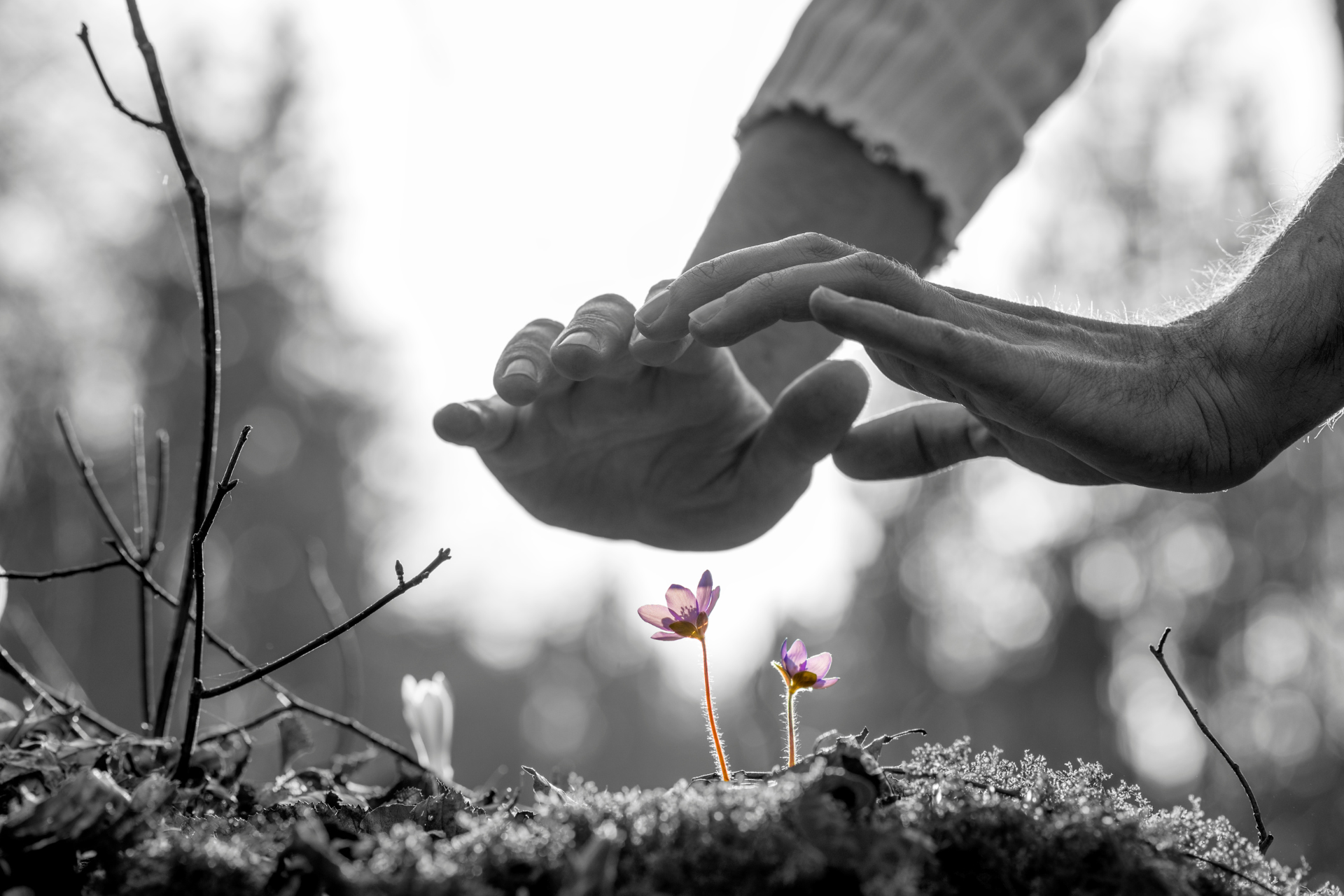In the grand mosaic of human existence, accountability stands as a thread that binds cultures, generations, and individuals across the globe. From the bustling streets of Mumbai to the serene villages of the Andes, from the boardrooms of New York to the community circles of African tribes, the concept of taking responsibility for one's actions resonates as a timeless and universal principle.
As we delve into this exploration of accountability, let us first acknowledge its deep roots in human history. Ancient philosophical traditions, from Hinduism's concept of karma to Confucianism in China and Stoicism in Greece, have long emphasized the importance of personal responsibility. In India, the idea of dharma - one's duty and righteous living - has been a cornerstone of ethical behavior for millennia, intrinsically linked to the notion of accountability.
Yet, in our contemporary world, the notion of accountability often sends a shiver down many spines. It conjures images of stern-faced judges or disapproving elders, evoking a primal fear of ostracism that harks back to our ancestral past when community acceptance meant survival. This instinctive recoil from accountability is deeply human, transcending cultural boundaries. Whether you're a young tech professional in Bangalore or a traditional farmer in rural Punjab, the urge to deflect blame or avoid uncomfortable truths is a shared human experience.
"Accountability serves as the bedrock of trust, the currency of integrity, and the catalyst for personal and collective growth."
But we no longer live in that primordial world where admitting fault could be a death sentence. In our complex, interconnected global society, the ability to take responsibility for our actions isn't just admirable—it's essential. Accountability serves as the bedrock of trust, the currency of integrity, and the catalyst for personal and collective growth. When we embrace accountability, we're not just acknowledging our mistakes; we're claiming ownership of our power to learn, to change, and to shape our destiny.
Consider accountability as a mirror—one that reflects not just our actions, but the very essence of who we are and who we aspire to be. This metaphor resonates across cultures, from the introspective practices of Vedantic self-inquiry to Buddhist meditation and Islamic muhasabah. It's easy to bask in the glow of our successes, to preen and prance before this mirror when we're at our best. The true test of character, however, comes when the reflection shows us something we'd rather not see. It's in these moments that we face a choice: to shatter the mirror in denial, or to look unflinchingly at our flaws and commit to polishing them into strengths.
This choice, seemingly small in the moment, ripples outward with profound consequences. In our personal relationships, accountability acts as a bridge, spanning the chasms created by misunderstandings and mistakes. When we hold ourselves accountable, we send a powerful message to our loved ones: "I value you enough to admit when I'm wrong. I respect you enough to take responsibility for my actions." This vulnerability, far from being a weakness, becomes the mortar that strengthens the foundations of trust and intimacy.
"Choosing accountability is a radical act. It's a declaration that we value truth over comfort, growth over stasis, and genuine connection over superficial approval."
In the professional realm, accountability is the invisible force that separates leaders from mere managers, visionaries from daydreamers. From the collaborative work culture of Silicon Valley startups to the innovative tech hubs of Bangalore and Hyderabad that are propelling India towards becoming the world's third-largest economy, accountability plays a crucial role in organizational success. It's the quality that allows a team to function as a cohesive unit, each member knowing that they can rely on their colleagues to own both their triumphs and their missteps. A culture of accountability in the workplace doesn't just improve productivity—it fosters innovation, as individuals feel safe to take risks, knowing that failures will be viewed as learning opportunities rather than causes for blame.
However, we must also acknowledge that practicing accountability isn't always straightforward. Systemic inequalities, power imbalances, and cultural norms can create barriers to accountability. In some political systems, admitting fault might be seen as weakness. In certain corporate cultures, a blame game might be the norm. These challenges remind us that fostering accountability often requires changing not just individual mindsets, but also the systems and structures within which we operate.
The impact of accountability extends far beyond the personal and professional spheres. In the realm of global politics and international relations, accountability plays a crucial role in maintaining peace, justice, and human rights. India's tradition of non-violent resistance, exemplified by figures like Mahatma Gandhi, demonstrates how holding oneself and others accountable can drive profound social change.
"In a world of complexities, accountability is the compass guiding us toward ethical choices and sustainable progress."
Interestingly, the principle of accountability finds parallels in the natural world. In ecosystems, every action has a reaction, every cause an effect. This interconnectedness, studied in fields from ecology to quantum physics, mirrors the web of accountability in human societies. Just as a small change in an ecosystem can have far-reaching effects, our individual choices and actions, however small, contribute to the larger fabric of our collective experience.
As we navigate the complexities of the 21st century, from climate change to digital privacy, from economic inequality to global health crises, the need for accountability becomes ever more crucial. It's not just about taking responsibility for our past actions, but about recognizing the impact of our current choices on future generations. This forward-looking accountability calls us to consider the long-term consequences of our decisions, echoing wisdom traditions like the Hindu concept of "Vasudhaiva Kutumbakam" - the world is one family - that have long emphasized stewardship and responsibility towards all of creation.
In a world that often seems to prize image over substance, where social media filters can airbrush not just our photos but our very perception of reality, choosing accountability is a radical act. It's a declaration that we value truth over comfort, growth over stasis, and genuine connection over superficial approval. It's an acknowledgment that while we cannot control every circumstance in our lives, we always have the power to choose our response.
"Embracing accountability bridges the gap between intention and impact, turning awareness into meaningful action."
As we stand at this crossroads of human history, facing unprecedented global challenges and opportunities, let us embrace accountability not as a burden, but as a tool for transformation. Let it be the chisel with which we sculpt our character, the compass that guides us toward our truest north, and the key that unlocks doors to deeper understanding and connection across cultures and generations.
For in the end, it is not our achievements or our failures that define us, but our willingness to own them both, to learn from them, and to use them as stepping stones on our journey of perpetual growth. In embracing accountability, we don't just change ourselves—we change the world around us, one honest reflection, one courageous admission, one step forward at a time.
As we weave this universal pattern of accountability, thread by thread, thought by thought, choice by choice, we create a legacy that transcends borders and generations. We honor the profound responsibility and exquisite privilege of being human, connected to all that was, is, and will be. In doing so, we don't just imagine a better world—we actively participate in creating it, holding ourselves accountable not just to our immediate circles, but to the vast, interconnected web of humanity and the planet we call home.




